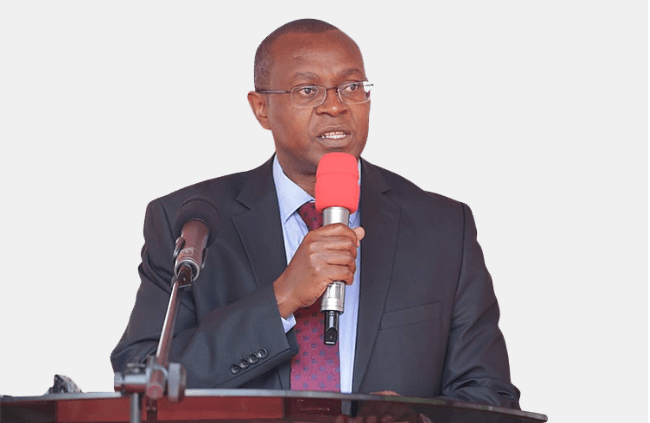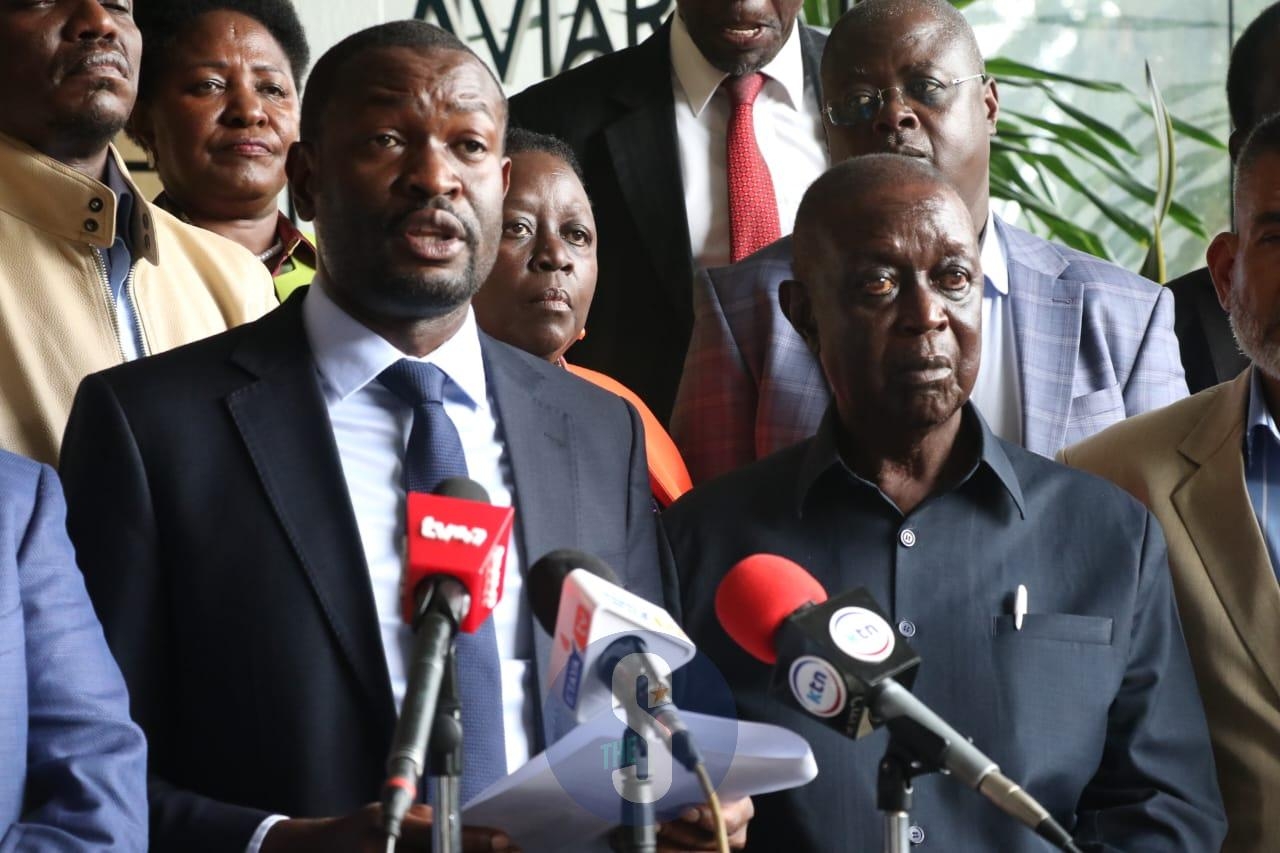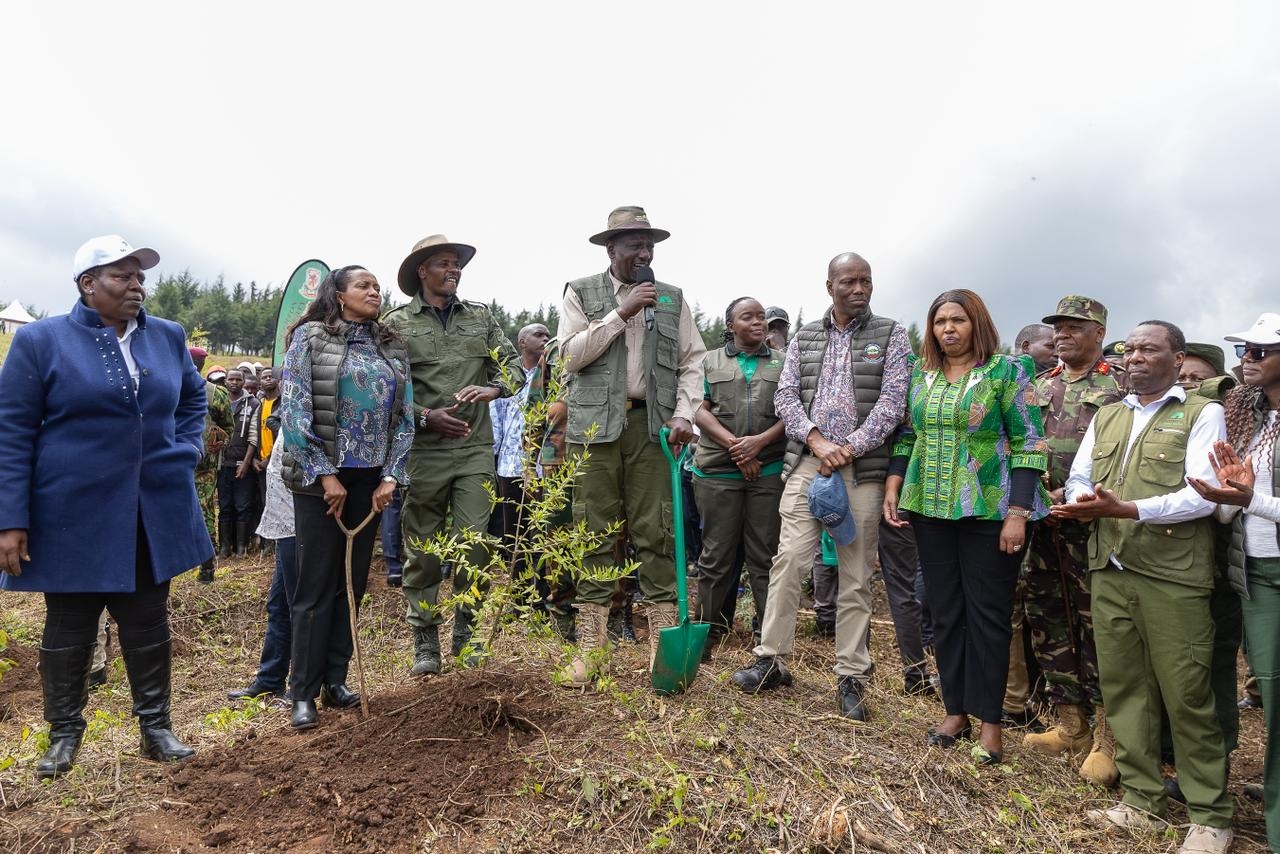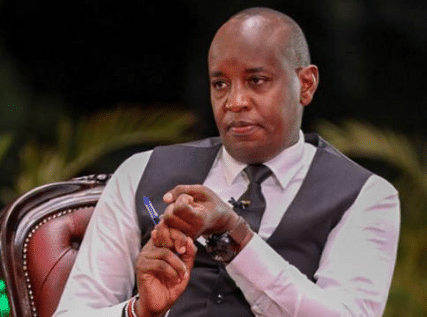Finding the correct diagnosis for your problem resembles a detective's work. You need the right tools, without which there’s little or no guarantees of success.
But according to the World Health Organization, half of the world’s population, including most Kenyans, lack access to these diagnostic tools.
That’s why in a groundbreaking move toward advancing universal health coverage, WHO, in May last year, passed a significant resolution on strengthening diagnostics capacity. This resolution aims to address the challenges related to access, affordability and quality of diagnostic tests.
Pharmaceutical company Roche ranks among the world's leading healthcare companies with its expertise in two core businesses – Diagnostics and Pharmaceuticals.
The company recently unveiled its ambitious plan to expand access to quality, sustainable diagnostic testing in African countries in the next 10 years. The strategy is based on strong partnerships, access and capacity building for African healthcare workers.
Bernard Colombo is the head of Roche Diagnostics for the Europe, Middle East, Africa and Latin America region. He spoke to The Star on the Roche plan.
What makes successful partnerships and how do you approach that within Roche and what are you aiming to deliver in Africa?
There is no way that we implement a strategy and deliver what we need to deliver for patients in Africa if we take a solo approach to the topic of disease management. Disease management and the way we look at it at Roche is an end-to-end patient journey. That's how we define it.
It starts with the topic of screening and keeping the population healthy, going into helping clinicians to make diagnosis thanks to our test, but also it means exploring whatever treatment option exists. This diagnostic test will tell something to the clinician about the need to treat as early as possible in order to give higher chance of either curing a disease or chance of survival for more deadly diseases.
There is no way that Roche will achieve this patient journey on our own. Our specialty is in-vitro diagnostic tests, but the reality for clinician and patient is you need to make sure that multiple diagnostic options, including imaging, endoscopy, x-rays, PET scan, etc are done and complement our In Vitro Diagnostics. IVD is about testing fluids such as blood, urine and other body fluids.
Our commitment is to play a key role to deliver improved quality of life and quality diagnostics to patients in Africa.
Can you expand a little bit about access to diagnostics on the continent? You know, there are issues around the budget allocations and how much of that goes to diagnostics. What do you think are some of the opportunities to remedy how these allocations are done?
Just as a reminder, there is a statistic which is not only for Africa, but it's also worldwide. Seventy per cent of the cost goes to treatment and only two per cent of the spending goes into diagnostics. So, it's a very unbalanced manner how we spend money overall in the healthcare sector.
It's normal that if you are a patient or a clinician, that your first reaction is being focused on, do I have an option to treat patients? Do I have an option to cure or prevent certain disease to come? The decisions to treat will be as good as the quality of the diagnostic, which is coming in the early step of managing a potential disease.
With this topic of money allocations, I keep saying it's not a matter of spending more money. It's a matter of spending money differently and better, where the overall performance of the health system is being improved.
And I'm very happy that last year in 2023, WHO declared the importance of diagnostics and reaching to more patients, no matter their location.
We have a fantastic opportunity to combine the power of the technology of doing either home testing or remote testing and the power of combining interpretation of those tests. It's not only about doing the testing, but also about how our clinicians make decisions on recommendation to patients when it comes to interpretation of those tests.
That’s very important. And I'm sure that in this discussion, we're going to talk about artificial intelligence and how it can play a role.
What are some of the opportunities that you are seeing for health care within AI and digitisation?
AI is a very vast topic and I bet that many people are putting different definitions.
Do I think that there are opportunities with it? Yes, only if we look at the global solution. Taking each of those elements in isolation will never deliver the value that's on the promise of a technology. AI on its own is not worth anything.
In the context of accessing multiple sources of information and different patient data, AI can be used to ensure patients in remote areas are reached for testing and that they receive prompt treatment. With digitisation, AI can guide the patient on what their next steps should be after receiving their test results. We observe something on your result and the clinician being assisted in understanding what type of treatment options are being given. The patient making the commitment to take the treatment and report, is he responding to treatment? Or do we need to consider an alternative treatment?
That's what I call this virtual cycle of connecting all the dots of what is happening between the suspicion of a disease and the ability to either cure or manage a chronic disease.
The next step is to figure out how industry players can collaborate effectively. We shouldn't rush alone, but instead work with pharmaceutical and imaging companies, as well as clinicians, to create a comprehensive solution. This way, the money invested in one step of the journey will ensure that the mandatory steps that follow are also taken care of. And then we keep running that. And by doing that, we create a sustainable and efficient system.












